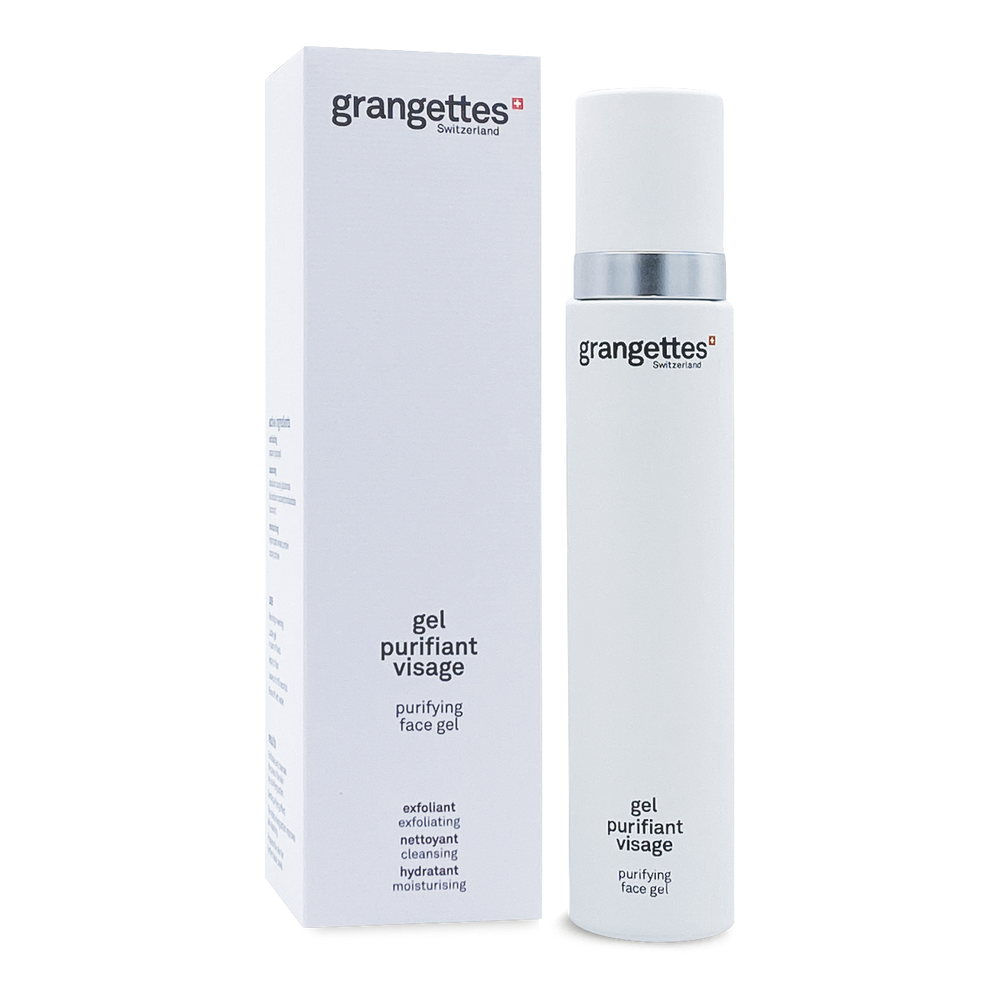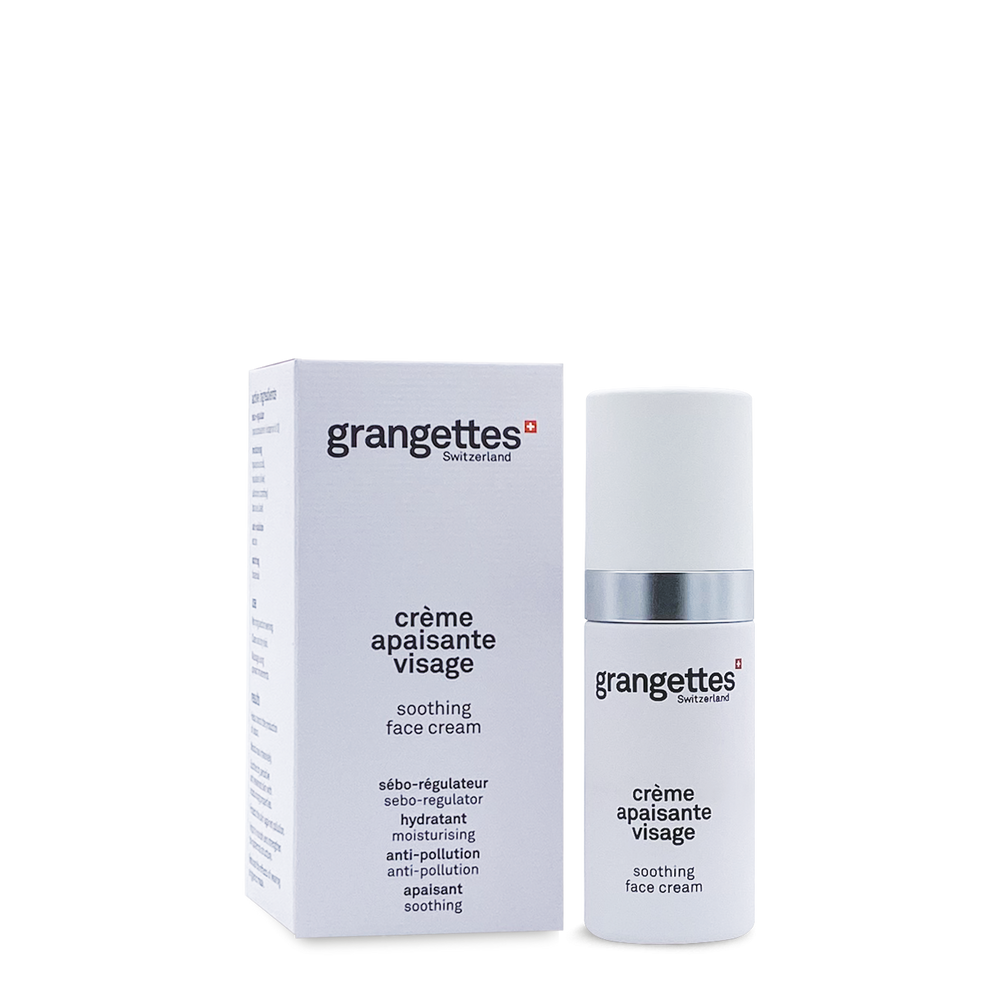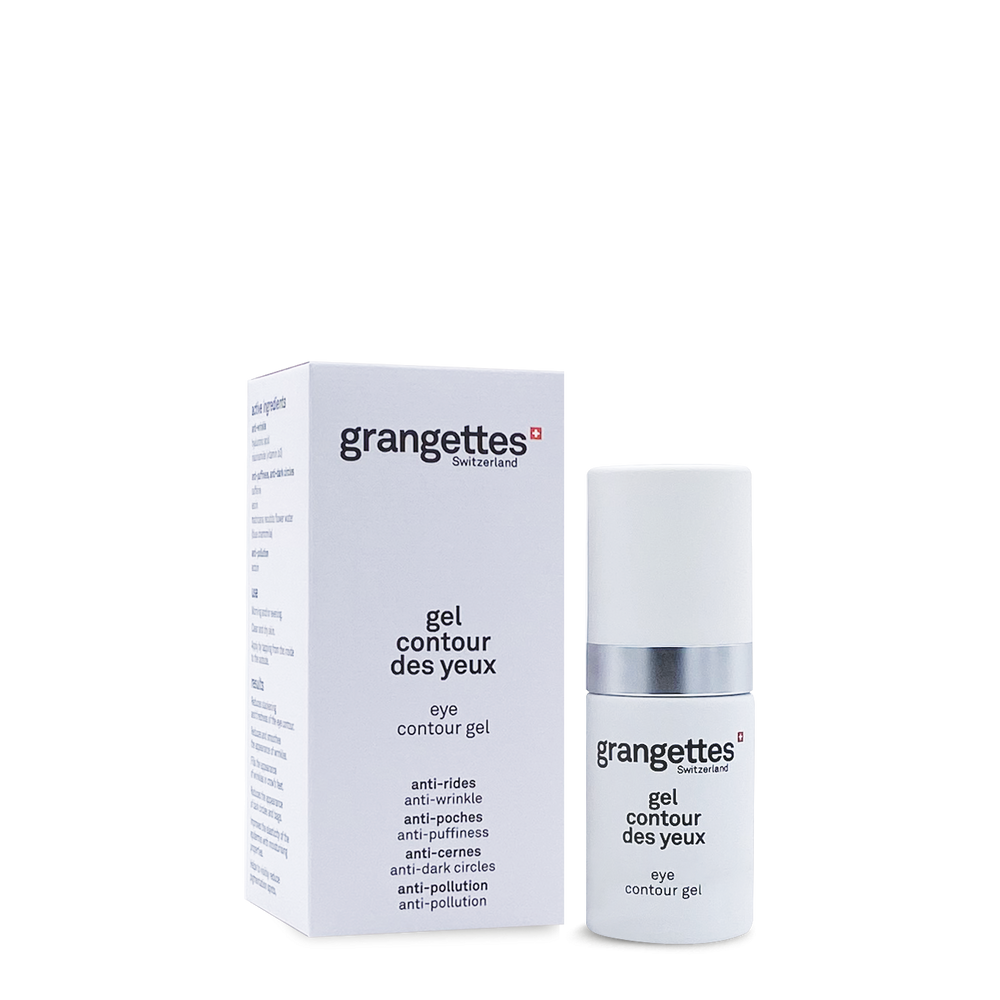Understanding cosmetic allergies
What are cosmetic allergies?
A cosmetic allergy occurs when the immune system overreacts to a substance (called an allergen) contained in a skincare or beauty product. Unlike simple irritation, allergy involves a specific immune reaction: the body recognizes an ingredient as a threat and releases inflammatory mediators that cause visible symptoms.
The most common symptoms in case of cosmetic allergies
-
Skin redness, red patches, itching, burning;
-
Localized swelling due to inflammatory reaction (eyelids, lips…);
-
Hypersensitivity ;
-
Skin eruptions: small bumps or eczema;
-
Dryness and peeling;
-
Persistent tightness sensation.
These manifestations sometimes appear immediately after application but can also occur several hours or days later, making it more difficult to identify the culprit.

The most frequently implicated ingredients
Many components can cause an allergic reaction. Some are natural, others synthetic. The most common are:
Preservatives
This category includes parabens, phenoxyethanol, formaldehyde and its derivatives (DMDM hydantoin, quaternium-15…). They are used to prevent bacterial growth but can be irritating for hypersensitive skin.
Perfumes and essential oils
Fragrances are one of the main causes of allergy and inflammation. Even natural ones, some essential oils (like lavender, lemon, or cinnamon) can cause reactions in sensitive skin.
Dyes and pigments
Certain azo dyes or metal oxides can be allergenic, particularly in makeup.
Chemical sunscreens
Molecules like oxybenzone can trigger photoallergic reactions, especially under the effect of sunlight.
Surfactants
They are present in cleansing products (shampoos, shower gels, makeup removers). Some, like Sodium Lauryl Sulfate (SLS), are too harsh for fragile skin.
How to identify the responsible allergen?
Step 1: carefully read the INCI list
The INCI (International Nomenclature of Cosmetic Ingredients) lists all the ingredients present in a product. Learning to decipher these labels is essential: the longer and more complex the list, the higher the potential risk of allergy.
To help you in this process, and to choose gentle products that do not irritate the skin and whose composition is good for your health, you can turn to cosmetic analysis apps.
Step 2: perform a skin test
Before applying a new product to the face or body, perform a test on a small area, for example behind the ear or on the wrist. Wait 24 to 48 hours to check for the absence of inflammatory reaction or swelling.

Step 3: seek help from a dermatologist or allergist
If reactions persist, a specialist can perform patch tests to precisely identify the substance(s) responsible for your allergies and irritations.
4 good habits to prevent cosmetic allergies
Tip #1: prioritize short formulas
Choosing products with a short and clear composition, without unnecessary ingredients, is the first step. The fewer components in your cosmetic care, the lower the risk of reaction.
Tip #2: favor dermatologically tested brands
Products designed under dermatological control and subjected to hypoallergenic testing are safer for sensitive skin.
Tip #3: adopt a minimalist routine
Layering several different treatments increases the risk of cross-reactions between ingredients. To avoid allergenic substances, it is better to adopt a simple and consistent routine that you follow every day:
- Cleanse your skin with a gentle purifying face gel ;
- Apply a soothing face cream ;
- Apply an eye contour gel to care for this part of the face where the skin is thin and sensitive.
The simpler your routine, the better protected your skin is.
- Regular price
- CHF 36.00
- Regular price
- Sale price
- CHF 36.00
- Unit price
- per
- Regular price
- CHF 35.00
- Regular price
- Sale price
- CHF 35.00
- Unit price
- per
- Regular price
- CHF 35.00
- Regular price
- Sale price
- CHF 35.00
- Unit price
- per
Tip #4: monitor the expiration date
Expired or poorly stored products can degrade and release irritating substances. Always close your bottles tightly and store them away from heat.
The Grangettes Switzerland brand to avoid cosmetic allergies
In the face of the rise in skin allergies, designing safe cosmetics for everyone, including pregnant women and children, is an essential challenge.
A philosophy centered on safety and purity
At Grangettes Switzerland, we have built our reputation on the quality of our cosmetic formulas: each formulation is developed with a requirement for safety, efficacy, and transparency. Our goal is clear: to offer you allergen-free cosmetics, to preserve skin health, even the most sensitive, while providing a refined sensory experience.
Pure and clinically tested formulas
At Grangettes, reliable and conscientious design is guaranteed by continuously improved formulas according to the latest scientific standards. To care for your skin’s health, we focus on:
-
The absence of parabens, silicones, sulfates, colorants, PEGs, endocrine disruptors;
-
Clinically proven maximum tolerance;
-
Ingredients respectful of both the skin and the environment.
Thus, each formula is designed to offer the right balance between efficacy and safety.
Swiss expertise at the service of trust
Switzerland is globally recognized for its rigor in cosmetic and pharmaceutical research. Grangettes Switzerland continues this tradition with a vision focused on transparency, ethics, and quality.
Choosing Grangettes Switzerland means opting for:
-
A total traceability of ingredients;
-
A "clean" philosophy where every component has a purpose;
-
A high-end skincare experience, safe and respectful of the skin
For those who wish to avoid allergies while maintaining a refined and effective skincare routine, Grangettes Switzerland represents a trusted ally.







